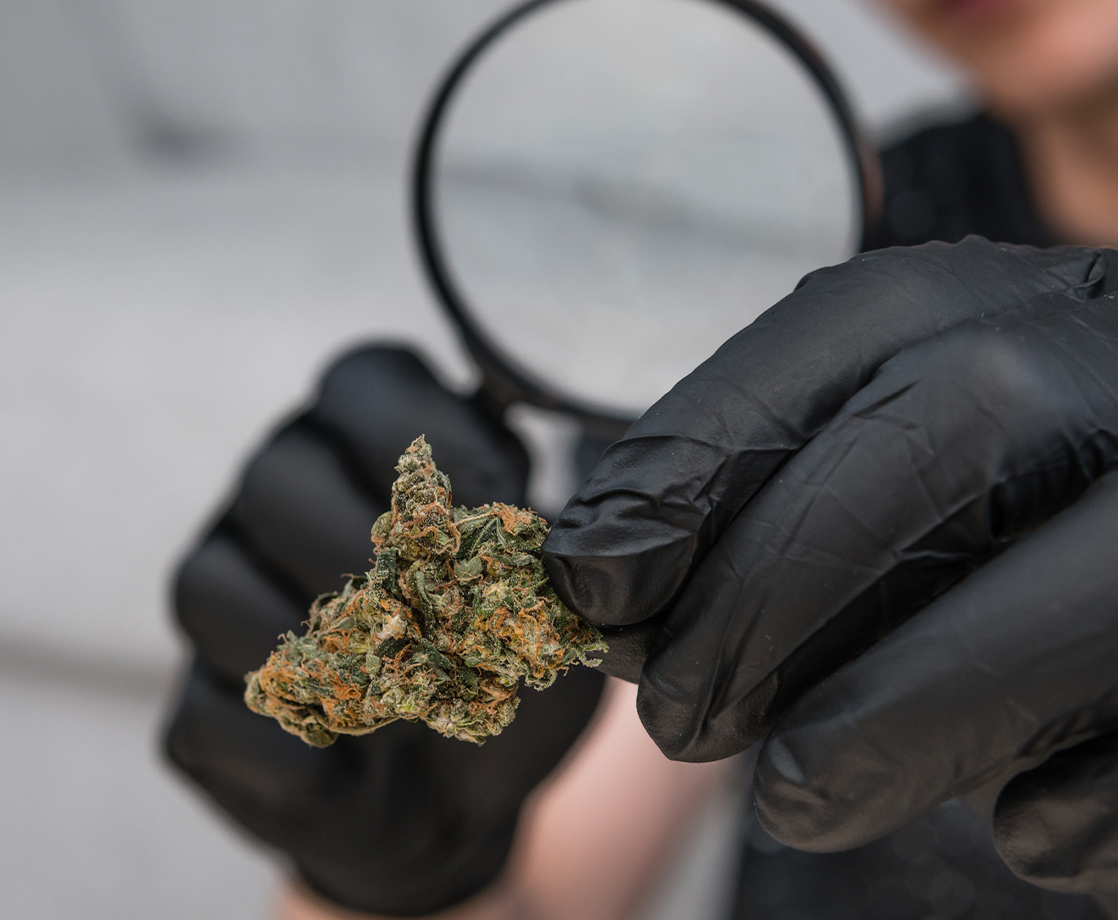Canadian researchers have discovered that a relatively unknown cannabis compound can help kill antibiotic-resistant “superbugs.”
Researchers from McMaster University in Hamilton, Ontario recently conducted a study exploring the antibiotic properties of five different cannabinoids. During lab tests, the research team discovered that cannabigerol (CBG) was able to kill methicillin-resistant Staphylococcus aureus (MRSA), a drug-resistant form of bacteria responsible for a growing number of life-threatening infections.
This non-psychoactive cannabinoid killed both MSRA microbes as well as “persister” cells that resist traditional antibiotic drugs, the researchers found. CBG also helped remove treatment-resistant “biofilms” of MRSA that can grow on the skin or on medical implants. Inspired by the success of their initial study, the researchers conducted a second experiment to determine if CBG could treat MRSA infections in mice.
The results of this second study were also a rousing success. Researchers found that CBG was as effective at treating MRSA infections as vancomycin, an antibiotic that doctors often use as the final option to kill bacteria that have resisted all other drugs. This new study has yet to be published, but is currently being reviewed by the ACS Infectious Diseases journal.
The researchers also tested whether cannabinoids could kill gram- negative bacteria, especially dangerous superbugs that top the World Health Organization’s priority list of drug-resistant microbes. The study reports that cannabinoids on their own were ineffective against these bacteria, but a combination of CBG and polymyxin B, a common antibiotic, was able to destroy these dangerous microorganisms.
Eric Brown, lead researcher and microbiologist at McMaster, told The Guardian that this study demonstrates that cannabinoids are “clearly great drug-like compounds.” However, he cautioned that research into these natural cannabis compounds is still in its infancy. “There is much work to do to explore the potential of the cannabinoids as antibiotics from the safety standpoint,” he explained.
Although cannabis is fully legal in Canada, the researchers chose to synthesize CBG in the lab from the chemicals olivetol and geraniol, rather than extracting a natural plant-based version. “We are now pursuing the required paperwork to work with a wide variety of cannabinoids,” said Brown.
This study is of particular value to the medical community, as drug-resistant bacteria are being discovered in more and more hospitals around the world. Over the years, bacteria have developed mutations that protect them from traditional antibiotics, making infections that were once easily treated difficult to cure. Fortunately, researchers have found new antibacterials in natural spices like turmeric and curcurmin, as well as plants like the tea tree, garlic, and cannabis. In 2008, a study found that another cannabinoid, CBN, could also fight against MRSA.
Mark Blaskovich, a cannabis researcher at the University of Queensland, told The Guardian that cannabis plants likely create antibacterial compounds “as a defense mechanism to protect the plant from bacterial and fungal infections.” Prior to this study, researchers have had little success using these natural antibiotics to treat infections.
“That’s what makes this new report potentially exciting,” said Blaskovich, “evidence that cannabigerol is able to treat a systemic infection in mice.”











